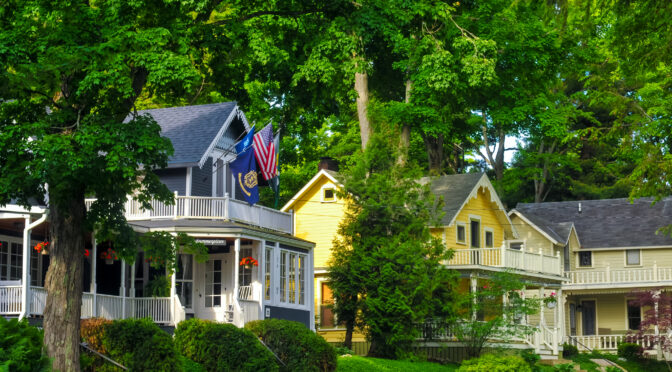The 12 reasons to consider living in West Virginia
The 12 reasons to consider living in West Virginia
Natural Beauty
The 12 reasons to consider living in West Virginia, actually there are numerous reasons to live here, West Virginia is known for its stunning landscapes, including the Appalachian Mountains, lush forests, and beautiful rivers, making it a haven for nature lovers.
Outdoor Activities
The state offers a wealth of recreational opportunities such as hiking, rock climbing, white-water rafting, and skiing, with numerous state and national parks.
Low Cost of Living and The 12 reasons to consider living in West Virginia
West Virginia has a relatively low cost of living compared to many other states, particularly in terms of housing prices and everyday expenses.
Rich History and Culture
West Virginia has a rich cultural heritage, with deep roots in coal mining history, traditional music, and local festivals that celebrate its unique culture.
Friendly Communities
Many residents find West Virginia to have a strong sense of community and Southern hospitality, where neighbors look out for one another.
Outdoor Recreation
With abundant parks and forests, West Virginia is ideal for outdoor enthusiasts, offering trails for hiking, biking, and horseback riding.
Strong Education System
The state is home to respected higher education institutions, such as West Virginia University and Marshall University, providing quality education options.
Crisp, Four-Season Climate
West Virginia experiences four distinct seasons, with beautiful autumns, snowy winters, and pleasant summers, perfect for those who appreciate seasonal changes.
Craft Beer and Local Cuisine
The state has a growing craft beer scene and a rich culinary heritage that includes traditional Appalachian dishes, locally sourced ingredients, and farm-to-table options.
Affordable Healthcare
West Virginia ranks well in terms of healthcare affordability, offering access to various medical facilities and professionals.
Proximity to Urban Centers
While offering a rural lifestyle, many areas in West Virginia are conveniently located near major cities like Pittsburgh, PA, and Washington, D.C., for those who seek urban amenities.
Vibrant Arts Scene
The state boasts a lively arts and music scene, with many local galleries, theaters, and music festivals showcasing regional talent.
These factors contribute to West Virginia being an appealing place to live for many individuals and families.
Direct Hard Money Lenders Rehab Lend LLC
Rehab Lend LLC is your trusted partner for hard money lending in West Virginia and beyond. Specializing in fix and flip loans and Debt Service Coverage Ratio DSCR loans, we provide flexible financing solutions tailored to your unique investment needs.
As a nationwide direct hard money lender, we understand the intricacies of real estate financing and are committed to empowering investors with quick, reliable access to capital.
At Rehab Lend LLC, we turn your property ambitions into reality, making the lending process seamless and efficient, so you can focus on what you do best: transforming properties and maximizing returns.


